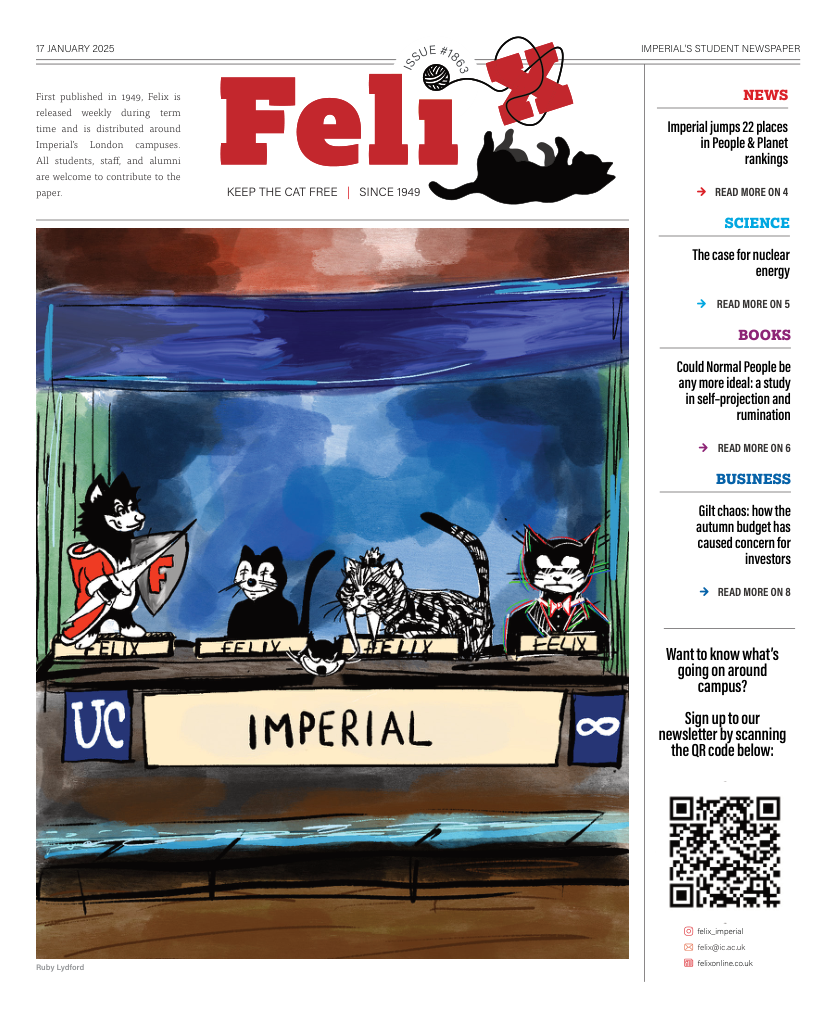Nuclear: fear over fact
The splitting of the atom was arguably the biggest scientific achievement of the 20th century. Nuclear fission, however, became a two-sided coin that we know all too well. Today it provides low-carbon energy in nearly limitless amounts with excellent safety statistics—while oxymoronically being the centre of the tragedies in Hiroshima and Nagasaki, as well as the Chernobyl Nuclear Power Plant disaster.
We have simply lost count of all the coal power plant disasters
While there can be no doubt about the devastation that can be caused when things go wrong or when it is used maliciously, many people forget that nuclear power and global politics have come a long way since the Cold War. Nevertheless, opinions are still influenced by past events, as evidenced by Germany decommissioning its last power plants in 2023. Much of this reaction stems from public opposition to nuclear power over safety concerns, particularly heightened by the Fukushima disaster. Yet Germany does not lie on any fault lines, and the world has since learned from Chernobyl and Fukushima, with all power plants now utilising negative void coefficients and having safety features to contain hazardous material in the event of a natural disaster. Nuclear power’s CO2 output of 12 grams per kilowatt-hour puts it on par with wind at 11, and it achieves this while offering reliable, constant power output, which is a major drawback of other sustainable sources such as wind and solar, given they are dependent on weather conditions. The safety concerns surrounding nuclear power are driven by a fear similar to flying, given that nuclear power has an impeccable safety record. It results in only 0.07 deaths per terawatt-hour of energy produced, compared with 32.72 deaths for coal. We have simply lost count of all the coal power plant disasters—much like a child who fears a plane crash when going on holiday but doesn’t fear the car ride there.
While it is true that the dawn of nuclear power brought profound tragedy and taught us harsh lessons, in the modern era it represents an environmentally friendly, safe, and reliable source of energy. Moreover, it holds future promise in projects such as small modular reactors, fusion, and thorium-based reactors. Nuclear power is a robust and safe source of low-carbon electricity. Let’s not allow the traumas of the past prevent the triumphs of the future.









